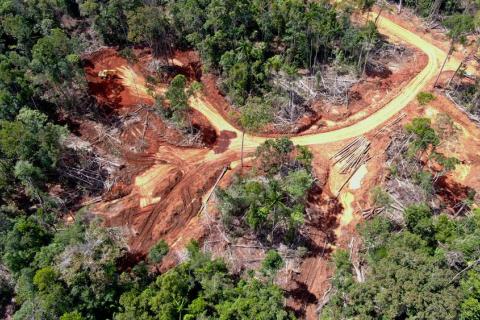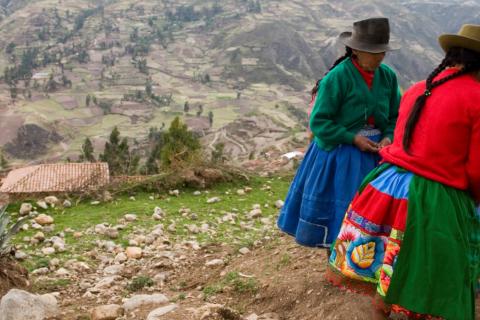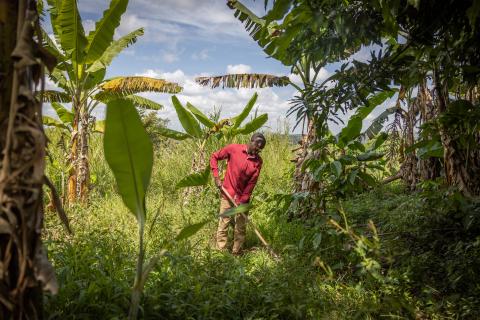Ecuador´s top court rules for stronger land rights for indigenous communities
California redwood forest returned to Indigenous guardianship, conservation
Ten Native American tribal nations, forming the InterTribal Sinkyone Wilderness Council, have received ownership of 215 hectares (532 acres) of California’s redwood forest. The tribal council is partnering with Save the Redwoods League, which donated the land, to protect and restore their traditional coastal forest. Together they have developed a 30-year conservation plan to protect endangered species such as the northern spotted owl (Strix Occidentalis Caurina) and marbled murrelet (Brachyramphus mamoratus).
Maasai Tribe Facing Another Eviction
According to reliable information received by Indigenous Peoples Rights International (IPRI) and the International Work Group for Indigenous Affairs (IWGIA), the Government of the United Republic of Tanzania is currently planning the eviction of the Maasai Indigenous people from a 1,500 km2 area in their ancestral land located in the Loliondo Division of Ngorongoro District, Arusha Region, east of the Serengeti National Park.
Rights and Resource Group Job Opportunities
The Rights and Resources Group has several interesting job opportunities available.
The Angry Communities
ONE year ago, on July 27, 2020, three tribes who live around the border between Indonesia’s Kampung Naga area in Boven Digoel, Papua, and Kampung Kuem in Papua New Guinea, sent a claim letter to Tunas Timber Lestari. Representatives of the Kuranop, Ekogi, and Gembenop tribes protested against operations carried out by the subsidiary of the Korindo Group, as it infringed their customary land.
‘A death sentence’: Indigenous climate activists denounce Cop26 deal
Indigenous communities facing an upsurge in land grabs, water shortages and human rights violations as a result of the Cop26 deal have accused world leaders of sacrificing them in order to postpone meaningful climate action and shield corporate profits.
COP26: new money for land and forests must reach the right people and places in time
Yesterday for the first time at a UN climate summit, world leaders shone a spotlight on forests and land. Heads of state, corporate moguls and philanthropists lined up to announce huge figures to protect nature and halt and reverse forest loss.
Indigenous leaders to push for land tenure rights as climate solution at COP26
- Indigenous leaders from around the world will join government officials, scientists, activists, and NGO representatives at the U.N.
Costa Rica Obtiene Prestigioso Galardón Medioambiental Earthshot Prize
New Newsletter on GIZ Land Governance
In August 2021, a newsletter covering various land governance programmes of GIZ was launched. This newsletter is available for everybody who is interested and informs about current development within GIZ land governance and beyond. The three main programmes responsible for the newsletter are:
Nepal: Indigenous peoples the silent victims of country’s conservation ‘success story’
Nepal’s Indigenous peoples have suffered a litany of human rights violations over the past five decades as a result of abusive conservation policies, said Amnesty International and the Community Self-Reliance Centre (CSRC), in a new report published today.












